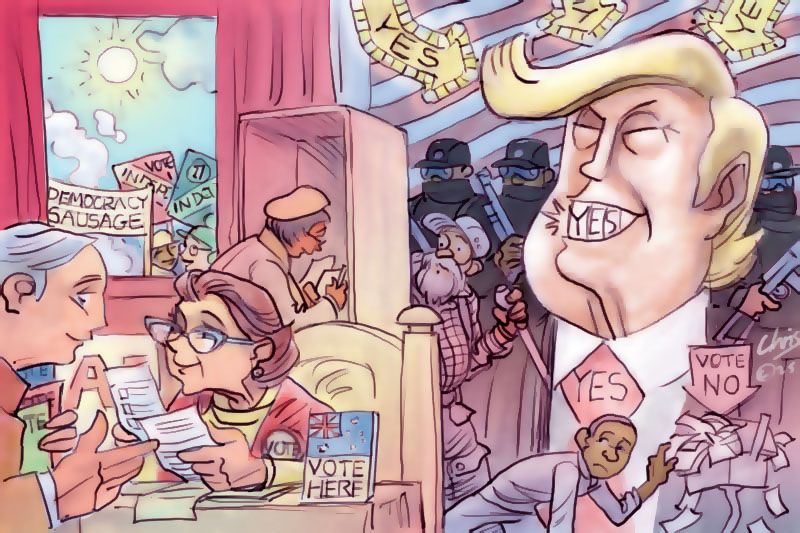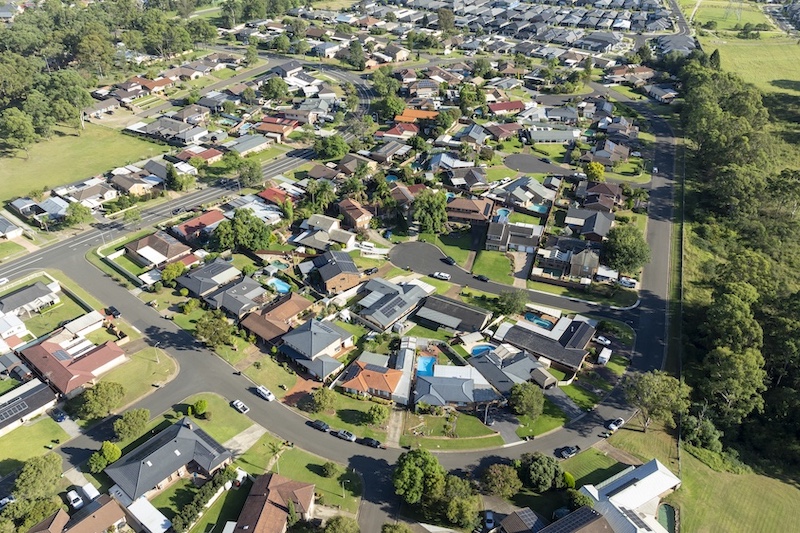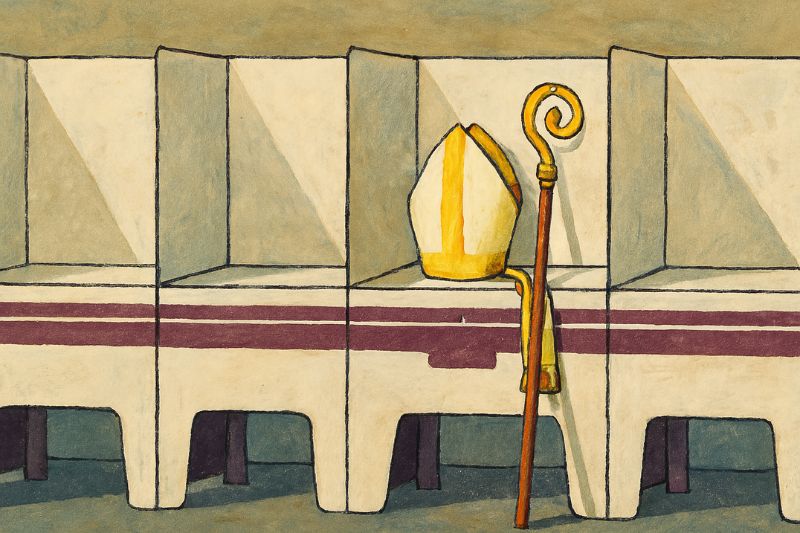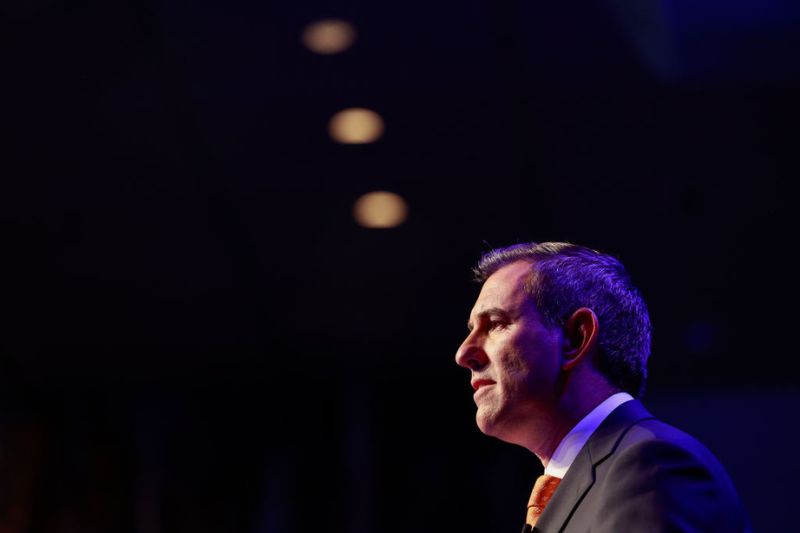Keywords: Housing
There are more than 24 results, only the first 24 are displayed here.
Become a subscriber for more search results.
-

AUSTRALIA
- Max Jeganathan
- 07 May 2025
In the wake of an unexpectedly decisive election, Australians rejected grievance politics from both right and left. What emerged instead was a quiet preference for stability, civility, and competence: qualities that don’t often headline campaigns, but this time shaped the outcome. In 2025, trumpery just didn’t cut it.
READ MORE
-

AUSTRALIA
While much of the world drifts toward political extremes, Australia did something quietly radical: it chose the centre. In a night of subdued triumphs and unexpected grace, it was a reminder that democracy’s strength may still lie in its capacity for moderation, mercy, and surprise.
READ MORE 
-

AUSTRALIA
- Jim McDermott
- 01 May 2025
From across the Pacific, Australia’s election looks refreshingly sane: debates over fuel taxes and modest wage hikes. But the surface calm belies deeper frustrations: housing scarcity, voter disillusionment, political evasion. But for an American watching from a fractured homeland, the question is how long that difference can hold.
READ MORE
-

RELIGION
- John Warhurst
- 30 April 2025
Faith, once a quiet undercurrent in Australian elections, is now entangled in questions of ethnic identity, foreign policy and cultural grievance. Religion has returned to the centre of political life, only to find itself more divided, and more contested, than ever before.
READ MORE
-

AUSTRALIA
- Bronwen Clark
- 24 April 2025
As Australia moves through another federal election campaign, a quarter of a million new voters in the nation’s outer suburbs remain largely invisible in political discourse. These are not marginal communities in the cultural or economic sense; they are the nation’s most dynamic zones of growth, diversity, and aspiration.
READ MORE
-

EDUCATION
- Erica Cervini
- 23 April 2025
Despite a lot of talk about education, neither of the major parties has talked about the funding of universities. However this federal election is likely to be determined by voters under the age of 45, the very group that rising university fees and HELP (higher education loan program) debts are hitting the hardest.
READ MORE
-

AUSTRALIA
- Adam Hughes Henry
- 22 April 2025
By any measure of moral progress, a society should be judged by how it treats those who are most vulnerable. Yet in Australia, people with disabilities continue to be treated not as citizens with equal standing, but as problems to be managed; an inconvenience to be contained within a labyrinth of bureaucratic delay and economic rationalisation.
READ MORE
-

RELIGION
- Andrew Hamilton
- 16 April 2025
In the lead up to Easter, the story of a man welcomed with palms and crucified days later takes on renewed urgency. In an age of closed borders and hardened politics, the Easter message casts a sharp light on how we treat the stranger, the exile, and the dispossessed.
READ MORE
-

RELIGION
- John Warhurst
- 10 April 2025
As Australia approaches a federal election, the bishops have offered a statement of gentle encouragement themed around hope. Yet in its caution and generality, it raises questions about missed opportunities for moral clarity, national relevance, and a more engaged voice in public life.
READ MORE
-

AUSTRALIA
- Barry Gittins
- 10 April 2025
In cities that pride themselves on liveability, a quiet war is being waged against the homeless with urban design and tough bylaws. What appears as civic order is, in truth, a hardening of public conscience, where compassion gives way to concealment, and suffering is swept from view.
READ MORE
-

AUSTRALIA
- David James
- 04 April 2025
As house prices soar and home ownership slips out of reach, Australia’s property market has become a $10 trillion engine of inequality — and yet, no major party will touch it. With an election looming, silence on the housing crisis reveals a deeper dysfunction: a political economy captive to debt and speculation.
READ MORE 
-

AUSTRALIA
- David James
- 27 March 2025
Australia’s Federal Budget offers a mix of tax cuts, spending increases, and modest relief for households, but fails to address the seismic shifts in global economics. With rising defense spending and minimal solutions for mounting debt, it remains unclear whether this budget can navigate the country’s economic vulnerabilities in an unpredictable world.
READ MORE